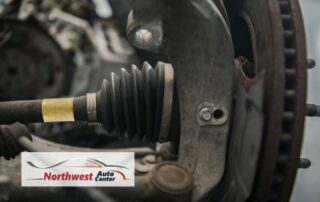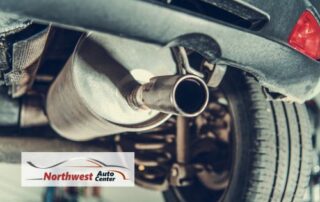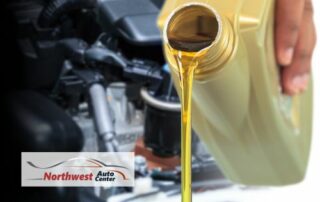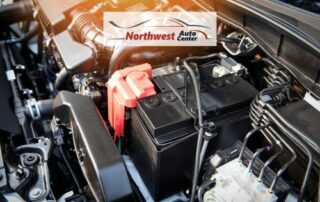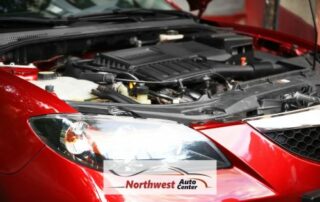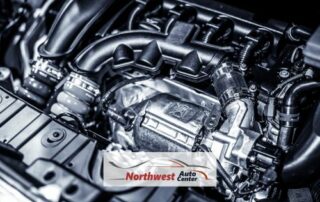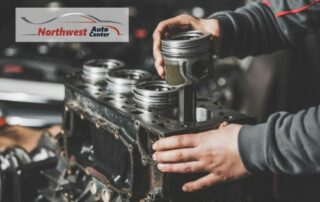Car Parts 101 – CV Joints
When it comes to your vehicle's performance and safety, few components are as critical as the CV joints. These essential parts play a pivotal role in the functionality of your vehicle's drivetrain, ensuring smooth and seamless power transfer from the transmission to the wheels. With such an important role, we are sure you know what we are about to say... It's essential to understand the signs of wear and tear! Let's dive into what CV Joints are, how to spot signs that they need replacing, and some good maintenance tips to keep your car in great shape. Understanding CV Joints Constant Velocity (CV) joints are designed to accommodate the continual motion and varying angles of the wheels as the vehicle navigates turns and uneven terrain. Most modern cars come equipped with two types of CV joints – inner and outer – and are found in front-wheel-drive and all-wheel-drive vehicles. They are also found in some rear-wheel-drive cars, but not all models (make sure to check your car's manual or [...]

